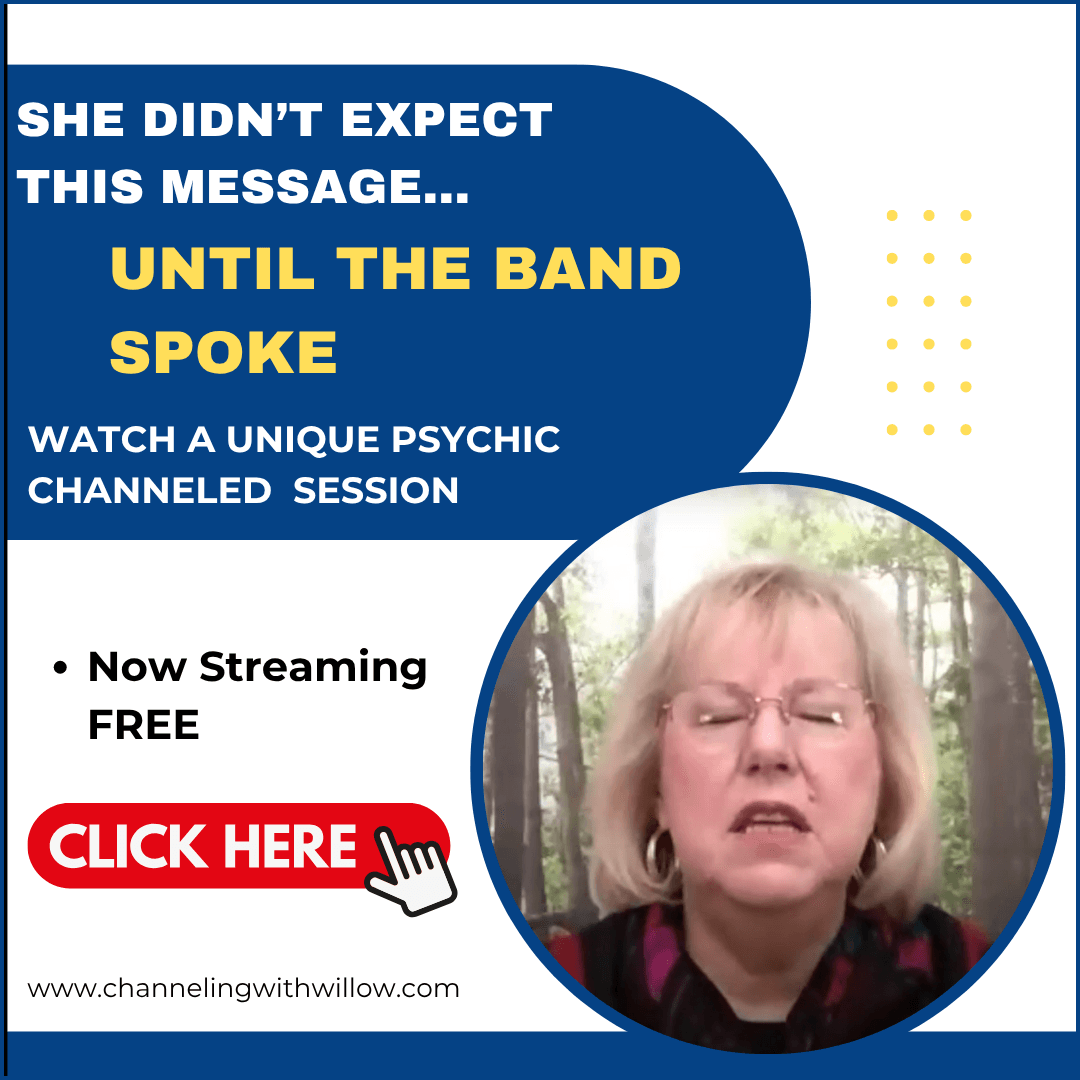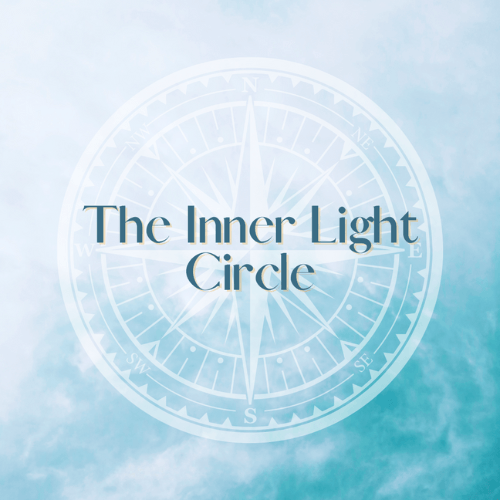
Famous Psychics Throughout History
Introduction
Psychics have fascinated humanity for centuries, possessing abilities claimed to transcend the typical human experience of time and space. These individuals, often revered, sometimes reviled, have played various roles across cultures as seers, advisors, and oracles. The historical trail of psychics offers a glimpse into how different societies have viewed the mystical and the unexplained.
Ancient and Classical Psychics
The Oracle of Delphi was one of the most prestigious figures in ancient Greece. The Pythia, a priestess at the Temple of Apollo, delivered cryptic predictions that influenced key political and military decisions. Meanwhile, in Judea, John the Baptist served a prophetic role in the New Testament, foretelling the arrival of Jesus and emphasizing the spiritual urgency of repentance.
In Norse culture, the Völvas were respected and slightly feared figures. These female seers practiced seidr, a form of magic and divination, advising Viking leaders and playing crucial roles in community decisions.
Psychics in the Middle Ages and Renaissance
During the Renaissance, Nostradamus, a French apothecary, authored quatrains that many believe predict events ranging from the French Revolution to the rise of Hitler. In England, Mother Shipton, a prophetess born in the 15th century, was famed for her visions concerning the political and social events of Tudor England. Her prophecies, steeped in myth and legend, continue to be part of British folklore.
Modern Era Psychics
Edgar Cayce, known as "The Sleeping Prophet," provided thousands of readings over several decades in early 20th century America, covering topics from healing to reincarnation and prophecies. Across the Atlantic, Helena Blavatsky founded Theosophy, an esoteric movement that incorporated psychic elements and claimed insights into the nature of the divine and human evolution.
20th Century Psychic Figures
The 20th century saw psychics gaining prominence with the public and influencing politics. Jeane Dixon, an American psychic, claimed to predict the assassination of President John F. Kennedy. Her celebrity status was bolstered by her syndicated astrology column and frequent media appearances.
Uri Geller, famous for his spoon-bending abilities, brought psychic phenomena to mainstream audiences through television. His performances, which he claimed were the result of psychic powers, attracted both public interest and skepticism.
Sylvia Browne, another American psychic, made many appearances on television, offering psychic readings and discussing her spiritual beliefs. Despite her popularity, she faced criticism for several public prediction failures.
Psychics in Contemporary Culture
Today, psychics like John Edward and Theresa Caputo have utilized media to reach a broader audience. Edward's show "Crossing Over" involved him performing readings for live audiences, claiming to communicate with the deceased loved ones of audience members. Similarly, Caputo, starring in "Long Island Medium," showcases her mediumship in a reality TV format, blending personal drama with psychic sessions.
Skepticism and Scientific Scrutiny
Despite their popularity, psychics have continually faced skepticism from the scientific community. Organizations like the James Randi Educational Foundation have challenged psychics to prove their abilities under controlled conditions, often leading to public debunking. High-profile fraud cases have also tarnished the public perception of psychics, raising questions about the legitimacy of psychic abilities.
Psychics and Their Influence on Popular Media
Psychics have often been portrayed in literature and film, typically as mysterious figures with crucial, if ambiguous, wisdom. These portrayals range from the ominous and foreboding to the quirky sidekick, reflecting society's mixed feelings about psychic abilities. The fascination with psychic characters speaks to the enduring allure of the unknown and the unexplained in popular culture.
Conclusion
The history of psychics is a tapestry woven with threads of mysticism, controversy, and the human quest for knowledge beyond the physical senses. Whether as advisors to kings or subjects of public scrutiny, psychics have occupied a unique niche in cultural history. As society continues to evolve, so too will the role of psychics, possibly expanding as we explore the boundaries of human consciousness and perception.
Further Resources
For those interested in delving deeper into the lives of psychics and the controversies surrounding them, a wealth of resources is available. Documentaries such as "History's Mysteries: Psychics" and books like "Psychic: My Life in Two Worlds" by Sylvia Browne provide more comprehensive insights into the complex roles psychics have played throughout history.
These materials offer a balanced exploration of their legacy, providing context to their claims and contributions to spiritual and cultural dialogues.
Discover the Inner LIght Circle
The Inner Light Circle is your place to reconnect with your soul — through monthly channeled teachings, gentle guidance, and a loving spiritual community that helps you grow, heal, and remember who you truly are.

Channeling With Willow brings you channeling events, inspirational ideas, new perspectives, and updates on psychic phenomena and related topics. Learn more

